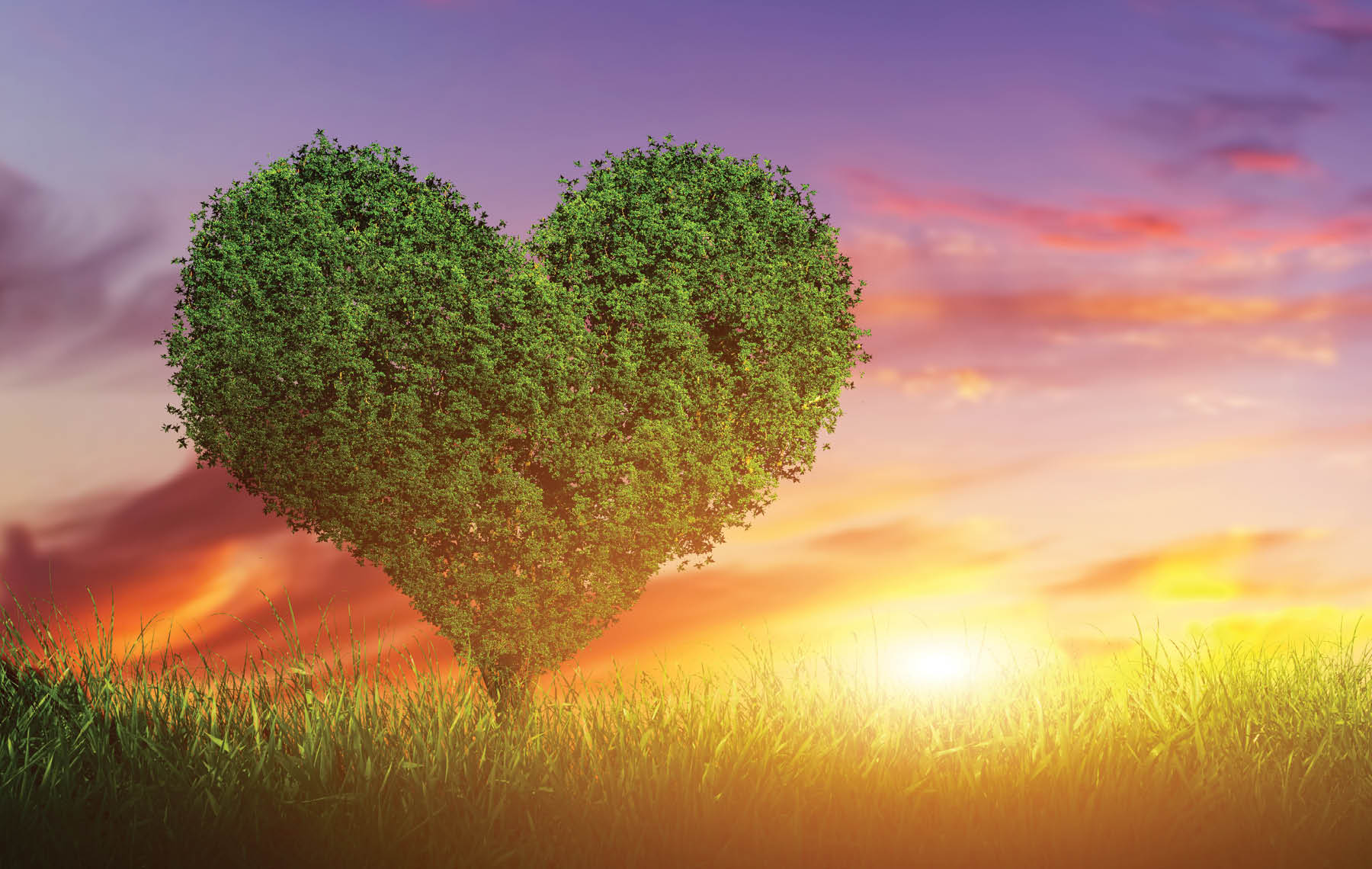
I have a friend who hates President Donald Trump. But when he looks at the policies of some Democratic candidates — like open borders, abolishing ICE, Medicare for all, etc. — he says, “I think I hate this even more.”
In other words, he may hate Trump, but he hates leftist policies a little more.
I have another friend who loves Israel, and who would have celebrated the move of the U.S. Embassy to Jerusalem had President Barack Obama ordered it. But he hates Trump so much that he came up with reasons to dislike the move.
He loves Israel, but he hates Trump a little more.
I knew people who hated Obama so much they could never give him any credit for anything good he did, even if they knew it was good. The examples go on.
We’re living at a time when we’re being defined not by what we love, but by what we hate. I hear of families and friendships breaking up over someone’s politics. Hey, I love you, but I hate your politics even more. So please stay away.
What has happened to us? How did we allow our hates to trump our loves? And what is it about hate that is so intoxicating? Isn’t love supposed to be humanity’s aphrodisiac? Didn’t the Beatles tell us that “All You Need is Love”?
I suppose we’re wired to fear things we hate more than to seek things we love. That tiger that ran toward our cavemen ancestors took priority over those juicy berries waiting to be picked.
We’re living at a time when we’re being defined not by what we love, but by what we hate.
Today, it’s as if we’re all seeing tigers ready to devour us. And when something wants to devour us, how can we not fear it and hate it? Our love for berries can wait.
This is the condition of modern-day America: We’ve put love on hold. With perceived threats coming at us from all sides, fear and hate have won the day.
“It would not be much of a stretch to say that ‘hate’ is almost always the lead story on the evening news, and the demonization of others who do not share our view of the world is the driving force behind most of the human suffering that we visit upon each other on a daily basis,” wrote professor Frank T. McAndrew in the July 2016 issue of Psychology Today.
A key factor behind this hatefest, according to McAndrew, is “the ease with which we put people into categories.” In this line of thinking, “We see our own group’s moral values as more desirable and as superior to those of others. This proclivity can be amplified and magnified by religious ideologies that convince us that God is on our side.”
But isn’t God supposed to be on the side of love? That has become a quaint notion. Religious values today are easily interchanged with political values and are used to cut out anyone with whom we disagree. If you don’t share my deeply held values, I want nothing to do with you. I love you, but I hate your values a little more.
We can fight hate pollution by putting more love in the air — not just love for our cherished causes but love for our families, our neighbors, our community, our cranky uncles and, yes, our imperfect country.
The media’s bias for a good fight and the explosion of social media outlets like Twitter have magnified our worst instincts. Because we don’t have to face one another anymore, we can hide in our cozy bunkers as we unleash our digital darts on those we cannot stand.
I get that most of our community abhors Trump, and that we all have a tendency to dislike anyone who doesn’t vote like us. And I get that we are living through uniquely divisive, corrosive and alarming times when emotions like anger and hate are often inevitable.
But isn’t it still a sad development for society when hate and rage have conquered love? Even when it is justified, hate has no business being more powerful than love. We can’t allow our fear of tigers — imaginary or real — to paralyze us with dread while our hearts burn with rage.
Love needs to make a comeback, even in these crazy times, especially in these crazy times. Our rabbis and leaders can show us the way. We don’t have to love everybody, but we can act more lovingly. We can fight hate pollution by putting more love in the air — not just love for our cherished causes but love for our families, our neighbors, our community, our cranky uncles and, yes, our imperfect country.
Love is more than a feeling, it’s also an attitude, a way of approaching life’s conflicts. A resentful attitude makes everything worse; a loving attitude makes a complicated life worth living.
Regardless of which political side you’re on, let’s put animosity back in its place and a little love back in our hearts.























 More news and opinions than at a Shabbat dinner, right in your inbox.
More news and opinions than at a Shabbat dinner, right in your inbox.